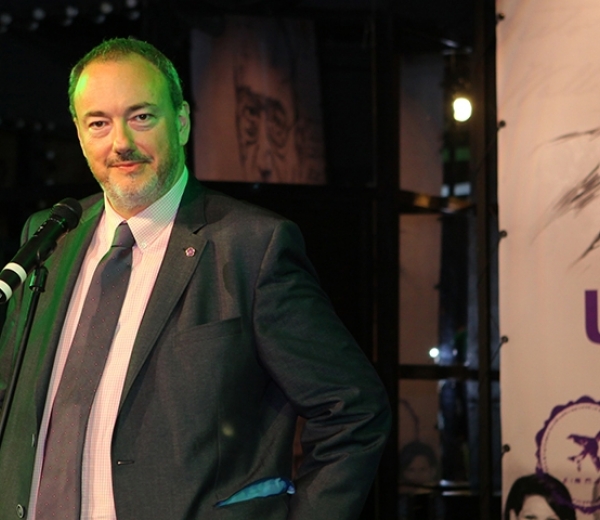Patrick Malakian
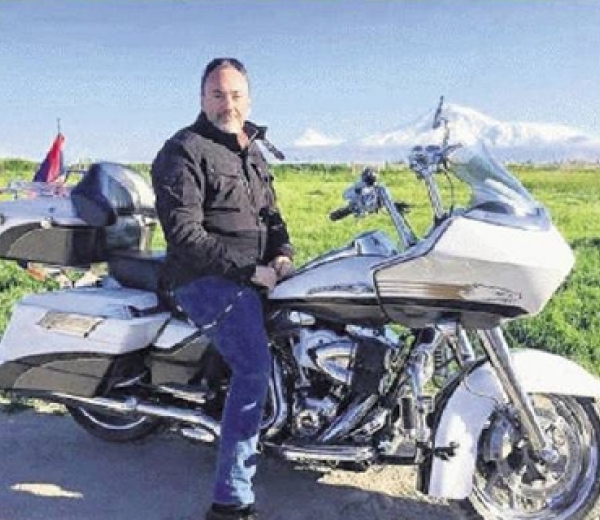
|
Patrick Malakian on his motorcycle against the backdrop of Mount Ararat. |
Endangered heritage
Patrick believes that Henri Verneuil – born Achod Malakian – wanted to shield his family from the atrocities of the Genocide. He hoped that by the third generation, the family would completely forget its roots. “In fact, exactly the opposite happened,” Patrick says. “I just wanted to construct myself on my own, with my real name and without anyone’s help. I’m proud of my father and admire him, but the only thing I hold against him is that due to his ‘fully integrated’ way of thinking, he didn’t teach my sister and I to speak Armenian.” Patrick is now learning the language of his ancestors.
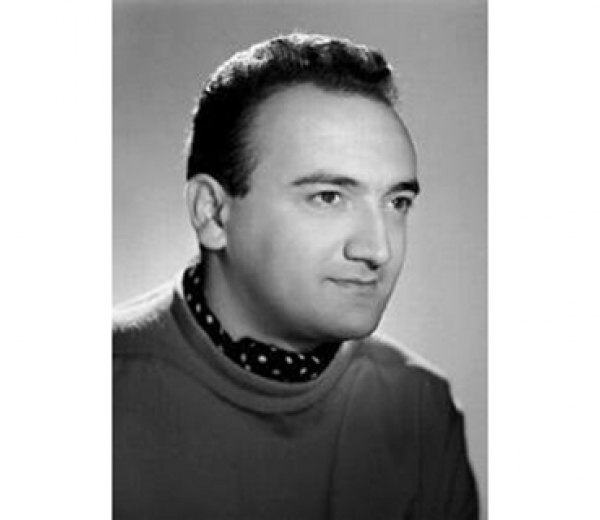
|
Henri Verneuil |
“My father lived his ‘Armenian-ness’ as he did the Genocide: he never hid it and would always respond to Armenian associations that solicited him, but he didn’t emphasize his roots,” says Patrick.
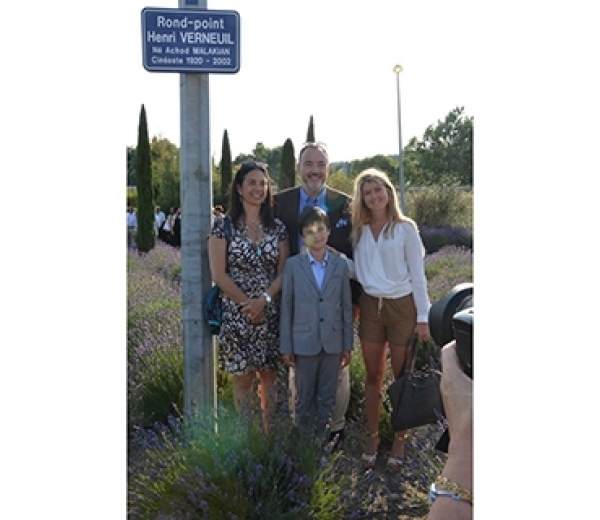
|
Patrick Malakian with his sister Sophie and her family at the opening of a roundabout named after Henri Verneuil in Bouc-Bel-Air in southern France. June 27, 2015. |
“As I read the book, tears ran down my cheeks,” says Patrick, who relived a stretch of his own family history while turning the pages of this cult work.
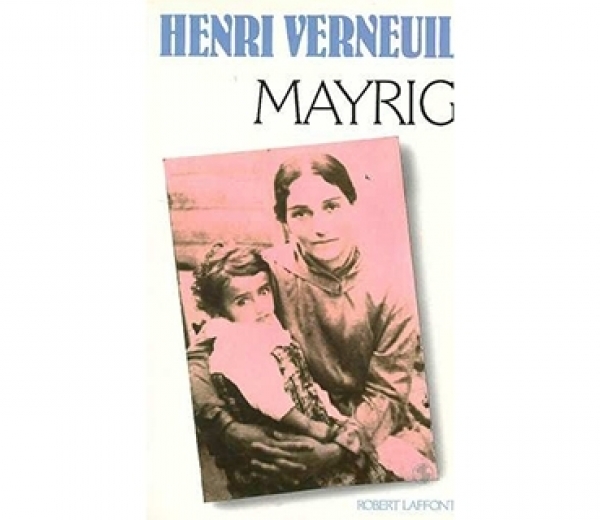
|
Before being made into a film, “Mayrig” was a bestseller when it was published in 1985. |
“With that many stories about the Genocide, how can we know which one was his? He held on to his truth and left with it.”
For him, the words ‘I love you’ were taboo.
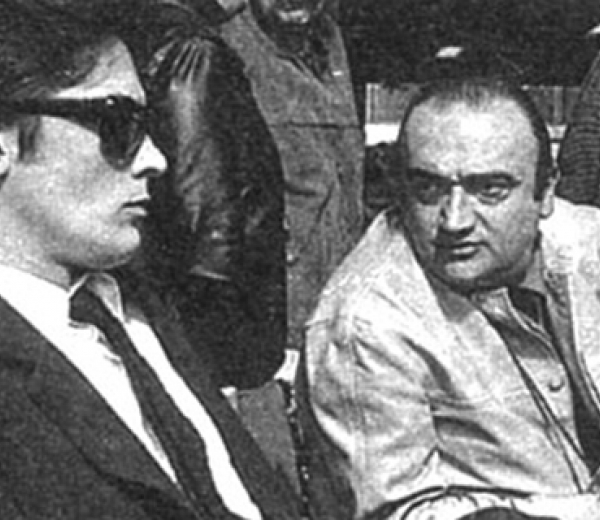
|
Henri Verneuil with one of his favorite actors, Alain Delon, 1969. |
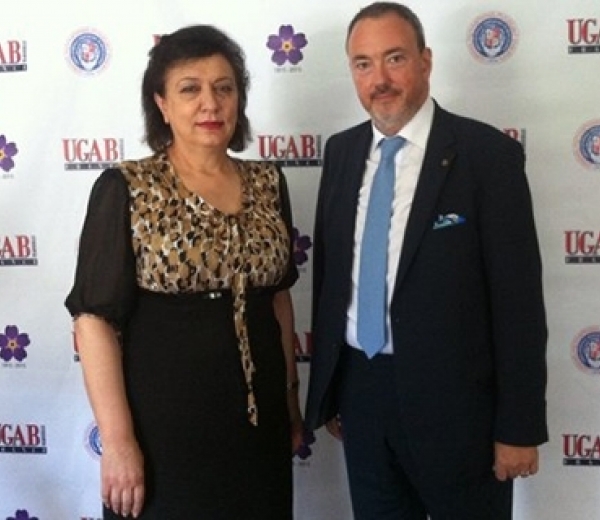
|
Patrick Malakian with the Armenian Minister of Diaspora Hranouch Agopian. |
